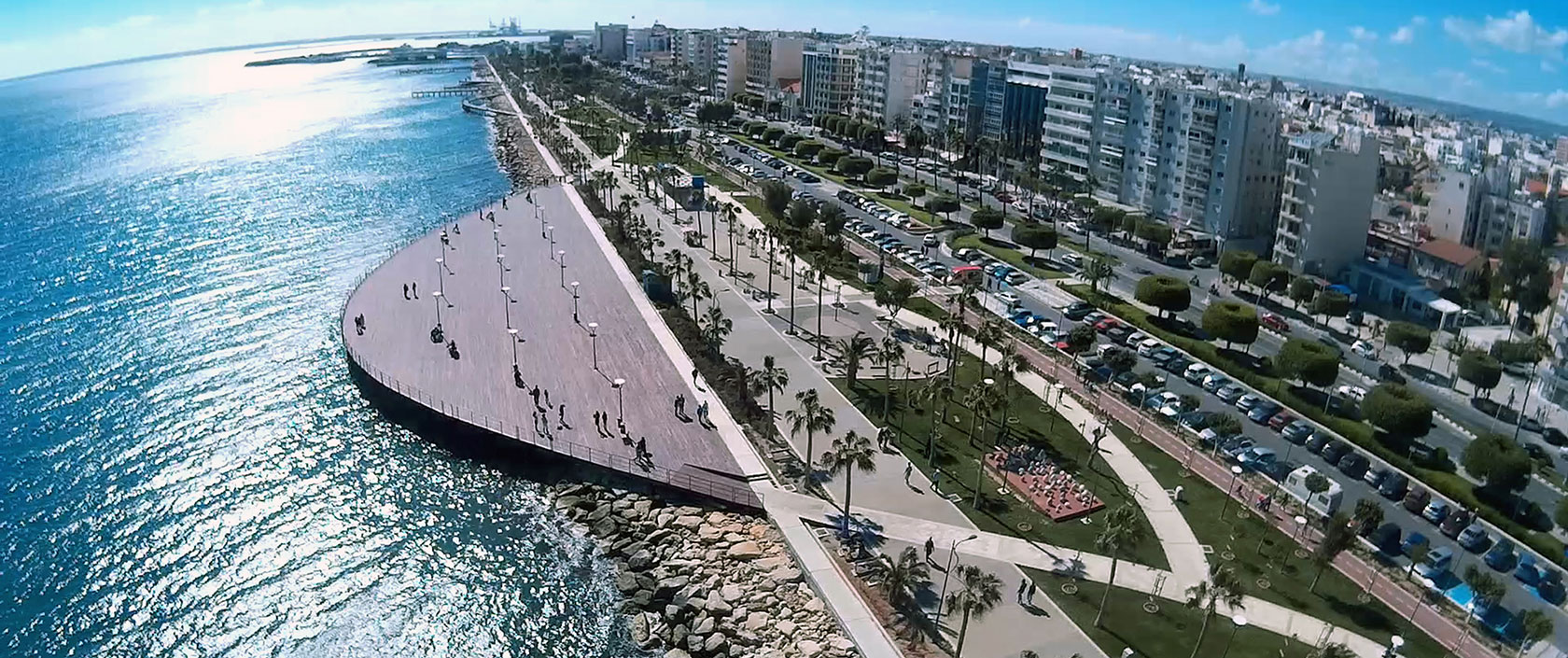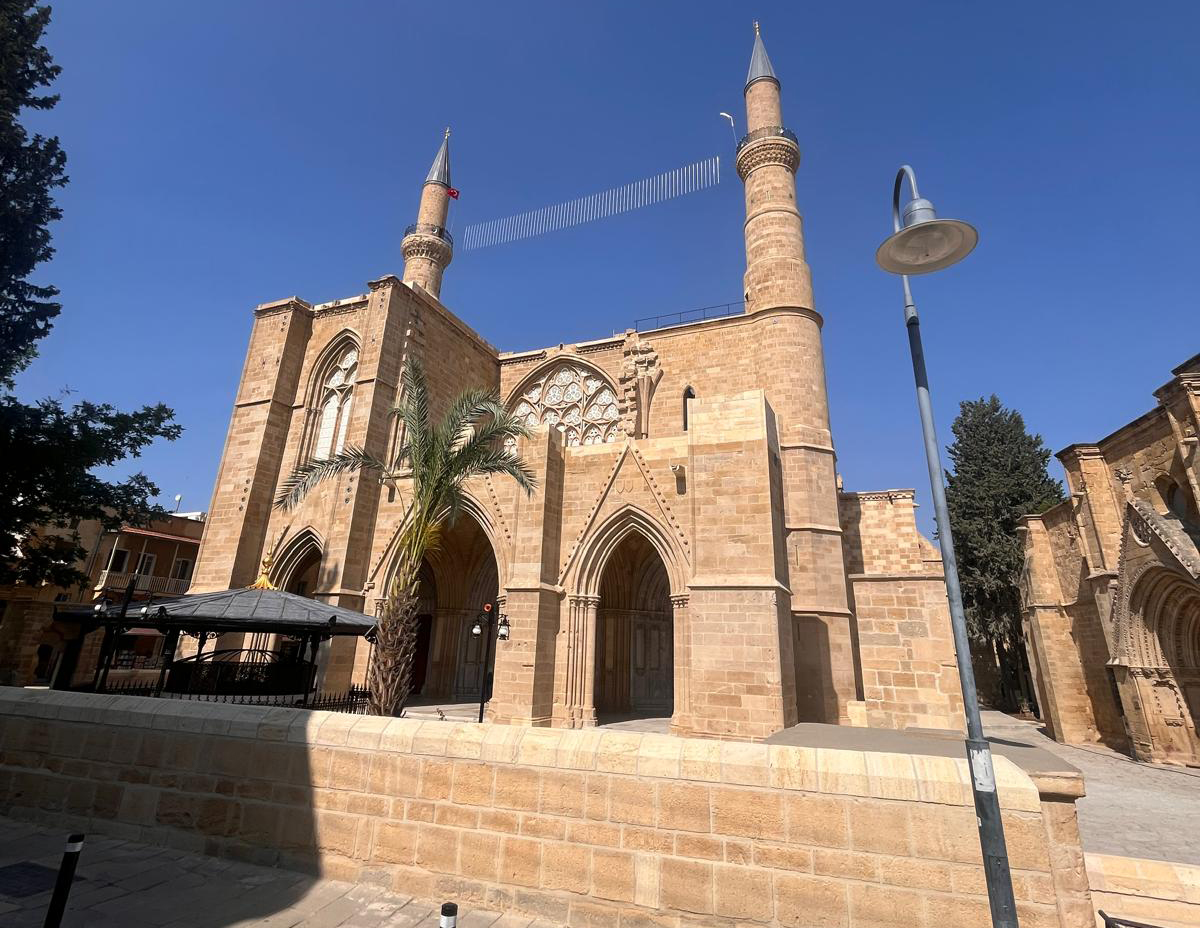Shortly after the appointment of Johannes Hahn as the EU envoy for the Cyprus problem was announced, former party leader and MEP Dr Eleni Theocharous felt duty bound to warn her followers on X about him. She tweeted the following: “Yiohhanes(sic) Hahn appointed representative of the EU for the Cyprus issue. I got to know him as Commissioner for Enlargement (negotiations) and he is a pathological Turkophile. Remember this. Those who dispute this should save my post.”
A few weeks earlier, asked what he thought about an offensive remark made about him by former US ambassador John Koenig, former President Nicos Anastasiades, who was described as “a fraud and a blowhard,” said: “I do not want to comment on statements made by a Turkish ambassador of America to Cyprus.” For the former president, Koenig was not just a Turkophile, he was a Turk. His absurd view was backed by a couple of political columnists, who cited “this notorious former ambassador’s” unacceptable views on the Cyprus problem.
We had thought we had outgrown this simplistic approach of dividing foreigners into ‘Turkophiles’ or ‘Turks’ and ‘principled supporters of justice’. There was a period when every foreign envoy who set foot in Cyprus was labelled a Turkophile because he would not tell us what we wanted to hear. The UN was described as a “den of Turkophiles,” a Dutch EU envoy was referred to as ‘van den Turk’ while almost all ambassadors of the US and UK were routinely slammed for “promoting Turkish interests,” whenever they expressed a view on the Cyprus problem that was out of line with Greek Cypriot positions.
Ironically, the Soviet Union and subsequently the Russian Federation, which never made the slightest attempt to assist settlement efforts, invariably siding with the forces that tried to undermine the peace process, were considered to have a “principled position” on the Cyprus problem. Only envoys and ambassadors of Western countries were Turkophiles, while the Soviets, who never condemned the Turkish invasion, were the upholders of principles and international law. Russia and its principled stance are out of the picture now, but it appears the West continues to send us Turkophiles with the sole purpose of causing harm to the Greek Cypriot cause.
Accusing foreign officials of pro-Turkish bias was always a convenient way for our politicians to hide their systematic failures in the Cyprus problem, which consisted of big promises, the creation of totally unjustified expectations and bravely defiant rhetoric. When none of this materialised, a foreign individual had to be blamed and motives attributed to him for his inexplicable stance. The pro-Turkish stance was always a plausible explanation for the Greek Cypriot people, as it never crossed their collective mind that their leaders may have been misleading them and trading in wishful thinking.
The practice is not as widespread as it had been in the past. It is used by individuals for their own reasons. For example, Dr Theocharous, who is said to be hoping to make a political comeback, maybe wanted to curry favour with nationalist voters that are more inclined to buy this nonsense. As for Anastasiades, there was no better way to discredit his accuser than by calling him a Turk with an agenda to tarnish the impeccable reputation of a fine, upstanding and patriotic, former president.
Does this popular putdown have the impact it once had or have people grown tired of it and no longer take it seriously? Admittedly, there will always be sizeable group of nationalists subscribing to the idea that states and organisations of the West – not so much the EU after Brexit – are on Turkey’s side and constantly plotting to undermine the Cyprus Republic.
The Christodoulides presidency, with its outward looking approach and Western orientation, has put an end to this immature and simplistic way of dealing with foreigners. It may occasionally answer criticism by Akel by accusing it of embracing Turkish positions, but it steers clear of such arguments when dealing with the outside world, which is progress. It would, after all, be absurd for the president who had been urging the EU to appoint an envoy for the Cyprus problem ever since his election to now complain that the envoy is a Turkophile.







Click here to change your cookie preferences